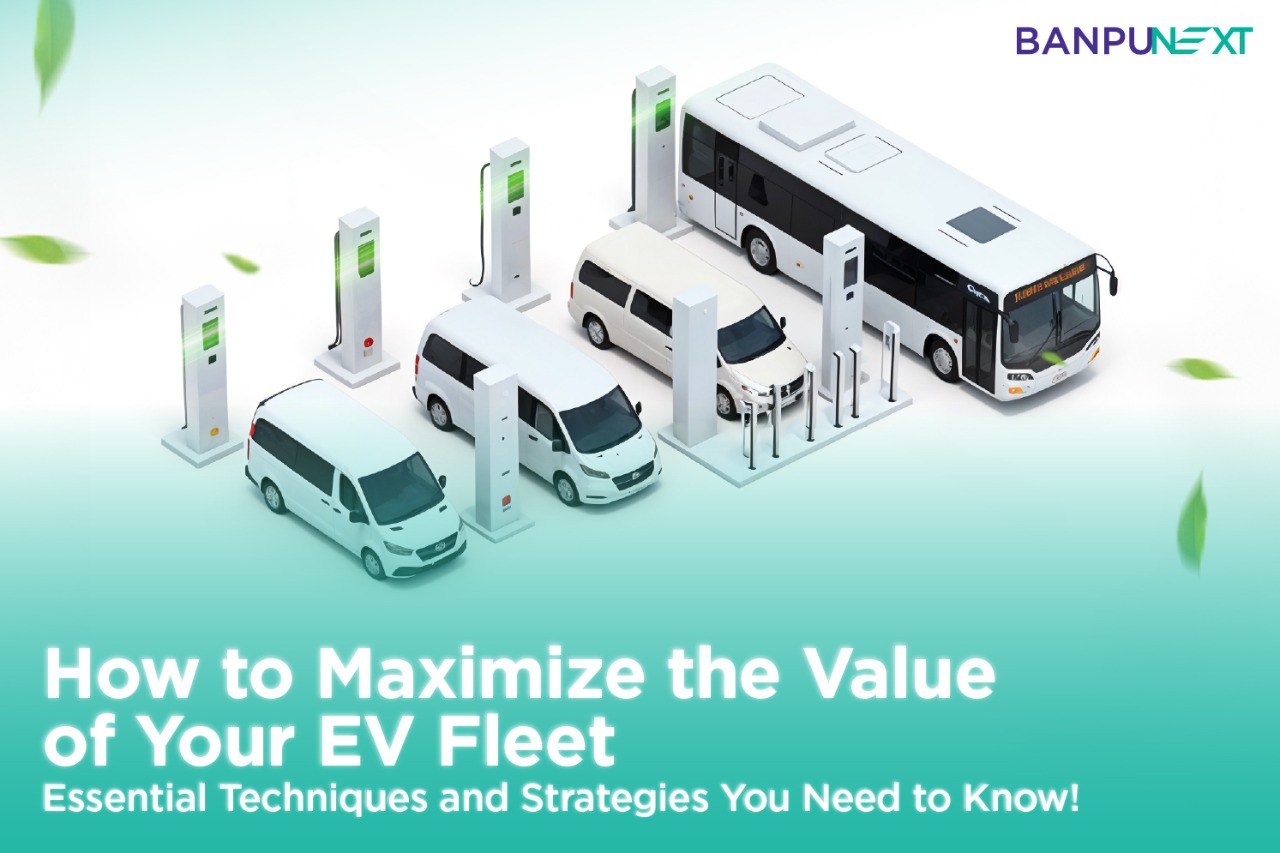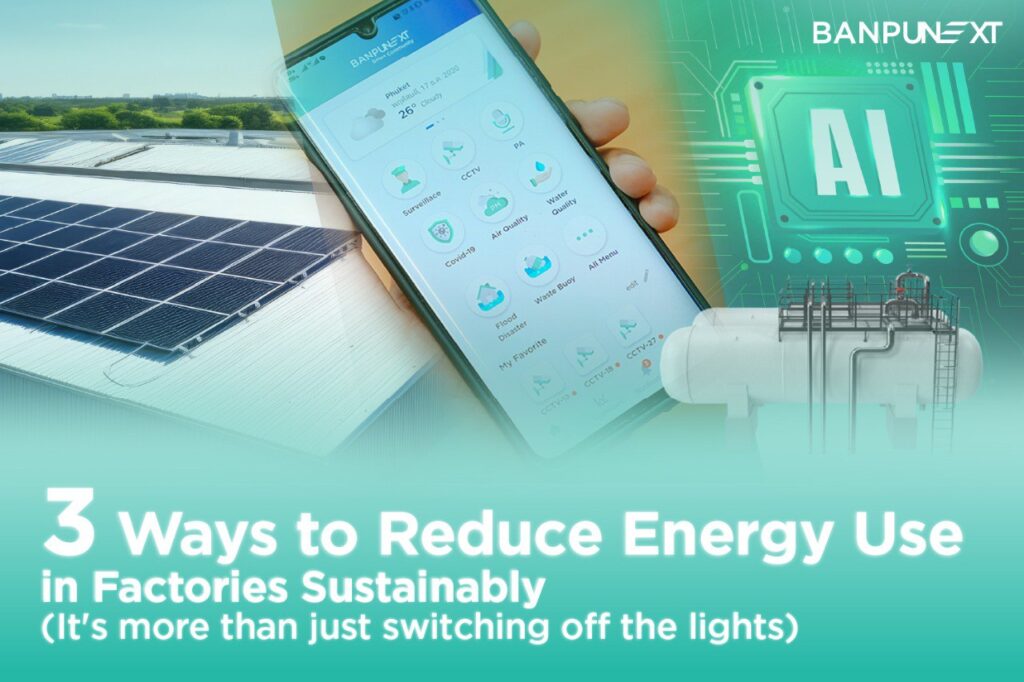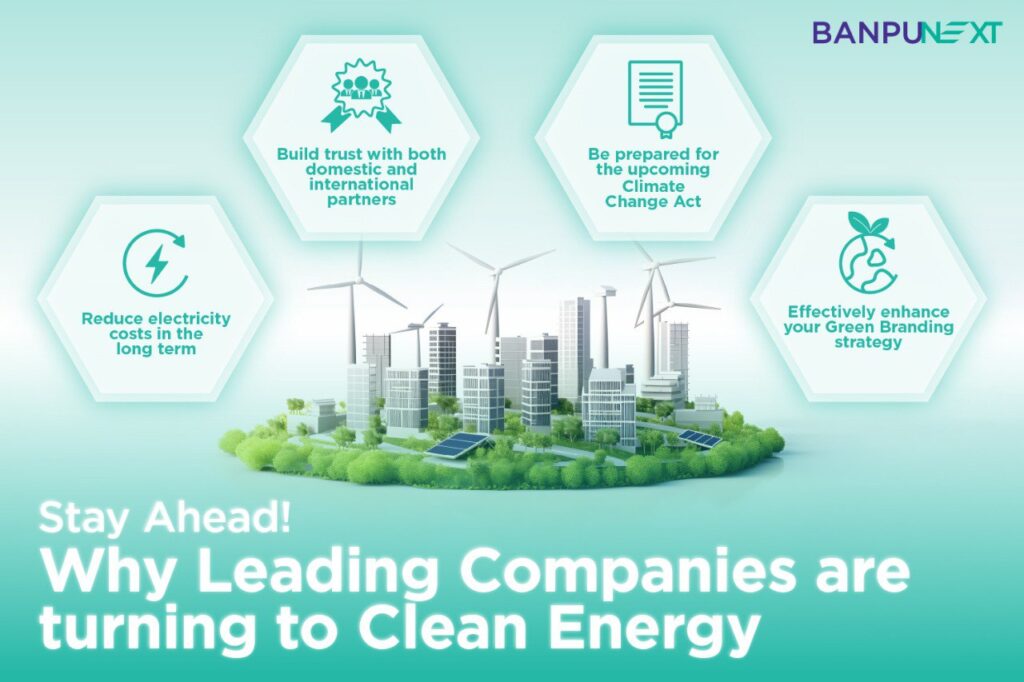Is switching to EVs always cheaper? Many transport businesses are making a rapid shift to EV fleets and investing in EV ecosystems in an effort to cut energy costs. However, the reality is often more complex, with actual expenses turning out to be higher than anticipated. This can result from poorly planned charging schedules, unexpected maintenance costs, or even the choice of the wrong vehicle type, which can make the investment less profitable over time. The value of EVs lies not just in the vehicles themselves but in the overall “system” and “management” of the entire fleet. This article will guide you through professional cost calculation techniques, strategies to maximize the benefits of your EV ecosystem, and solutions to ensure a confident transition to electric vehicles.
Misconception: Switching to EVs Automatically Saves Money
Many businesses assume that shifting from traditional internal combustion engine (ICE) vehicles to electric vehicles (EVs) will lead to immediate cost savings, mainly because electricity is generally cheaper than gasoline. However, there are several hidden costs to consider, including:
- Initial Investment Costs: The upfront cost of commercial EVs is generally higher than that of conventional vehicles. However, with proper EV fleet management, lower operational costs can deliver long-term financial benefits.
- Invest in EV Charging Station: Businesses may need to invest in their own charging stations if the public EV charger network is not yet comprehensive enough to support their operations.
- Off-Peak Charging Fees: Charging during peak hours can significantly increase electricity expenses compared to off-peak times, making careful planning essential.
Without careful planning, these hidden costs can add up quickly, potentially making the overall expense higher than expected. However, with a strategic approach to vehicle selection, charging management, and operational efficiency, businesses can significantly reduce long-term costs and, in many cases, achieve even greater savings than with traditional combustion vehicles.
Strategies for Maximizing the Value of Your EV Fleet
Switching from internal combustion engine (ICE) vehicles to electric vehicles (EVs) is more than just a change in vehicle type. It requires a comprehensive approach to fleet management, which directly impacts both operational costs and overall efficiency. When done correctly, this transition can lead to substantial cost savings in transport operations.
Effective EV fleet management involves a range of strategic considerations, including:
– AI-Powered Route Optimization
Smart route planning can significantly reduce travel distances while maximizing delivery efficiency. AI-driven systems can streamline route planning, optimize vehicle utilization, reduce the total number of vehicles required, cut energy consumption, and ultimately lower transportation costs.
– Smart Charging
Efficient charging management is crucial for reducing energy costs. Key practices include:
- Utilizing EV chargers with automated energy management systems
- Planning charging schedules to align with vehicle usage patterns
- Leveraging nationwide EV charging networks for greater flexibility and cost savings
– Selecting the Right EV for the Job and Business
Choosing the correct EV type for your business needs is essential for maximizing cost efficiency:
- Small Vehicles (Electric Vans and Pickups): Ideal for short-distance, urban deliveries, typically within 200 kilometers, such as e-commerce and last-mile deliveries.
- Medium to Heavy-Duty Vehicles (6-Wheel, 10-Wheel, and Electric Tractor-Trailers): Better suited for long-haul, heavy cargo transport over distances of 250 kilometers or more.
Mismatched vehicle choices, like using small EVs for long hauls or large EVs for light-duty tasks, can lead to higher operating costs and reduced investment returns.
EV Fleet Solutions from Banpu NEXT – Tailored for the Transport Businesses
Banpu NEXT offers a wide range of Mobility-as-a-Service (MaaS) solutions to support transport and logistics businesses of all sizes, helping reduce transportation costs and simplify EV adoption:
- Commercial EV Fleet Leasing: Flexible leasing, rental, and purchase options for commercial EVs, including motorcycles, trucks, buses, and large electric vehicles, tailored to specific business needs, reducing upfront costs for businesses transitioning to EVs.
- EV Charging Station Network: A nationwide network of high-speed EV charging stations, covering key routes in major provinces like Samut Prakan, Pathum Thani, Khon Kaen, Udon Thani, Samut Sakhon, Nakhon Sawan, Saraburi, Nakhon Ratchasima, and Chonburi. This network offers pre-booking options and competitive electricity pricing to support large commercial EV fleets.
- Digital Platform: An AI-powered digital platform that enhances transport management efficiency, optimizes route planning, reduces the number of vehicles needed, lowers fuel costs, and provides real-time performance tracking and energy use analysis.
Switching to EV Fleet Solutions not only reduces energy costs but also supports your organization’s Net Zero goals, enhances its green image, and prepares your business to comply with increasingly stringent environmental regulations in the future.
Drive the Future of Sustainable Logistics with EV Fleet Solutions
Contact Banpu NEXT to assess costs and design the ideal EV fleet strategy for your business. With our comprehensive solutions, transitioning to EVs is simpler and more cost-effective than ever.







